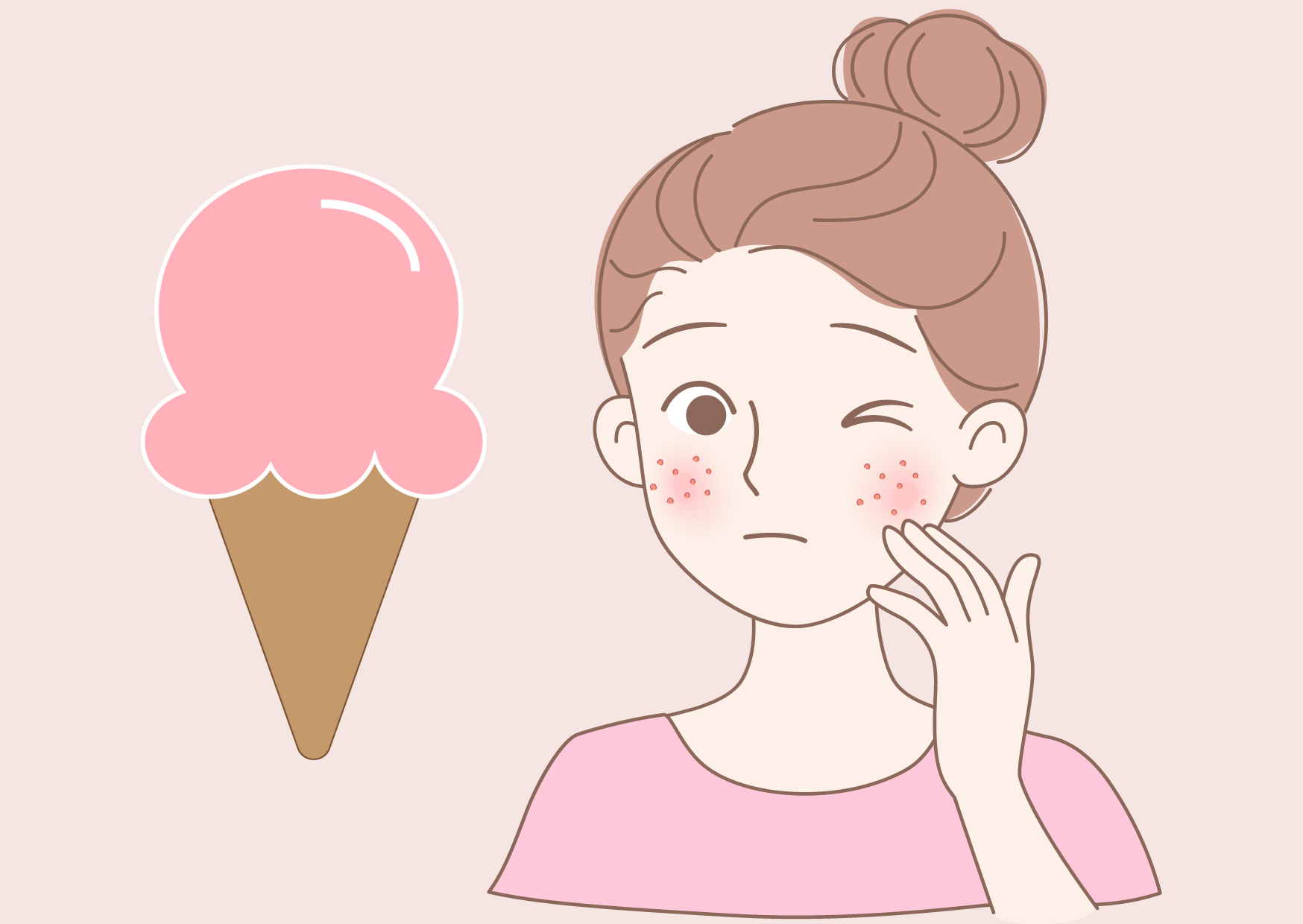
Does Ice Cream Cause Acne
There’s no doubt in saying that acne is unfair and annoying. It ruins not only our skin but our confidence at social events. For several years, people have continued to believe that junk food worsens acne. This has often led people to search ‘does ice cream cause acne?’
It does. A recent study performed by some Malaysian scientists revealed that ice cream worsens acne in individuals, especially Asians. After reading this, you may want to break the screen, and that’s natural to feel. (please don’t do that, literally). We all love ice cream, and the thought of ice cream and acne together can make us go arrrghhh..!
So, if you’ve always wondered, ‘can ice cream cause acne,’ the answer is yes. The problem with ice cream for acne is confined to the milk fat and its contribution to glycaemic load. In simple terms, low-fat ice cream is as troublesome as high-fat ice cream.
But how can they worsen your acne? Ice cream, like any other dairy product, has a hormone that activates acne or pimple production. So, what’s the solution? Read till the end to find out.
How Does Eating Ice Cream Cause Acne?
Several studies have revealed a link between dairy products like ice cream and acne severity among adolescents and teenagers.
Further, two studies found that teenagers who consumed ice cream or milk daily were four times more susceptible to acne than others. However, more research is needed to have a concrete answer to ‘does eating ice cream cause acne?’
To date, all this research has been mainly focused on young adults and teenagers. It has only revealed an interlink between acne and milk instead of any effect and cause relationship. There’s still no concrete answer to how milk results in acne formation.
However, there are several assumptions and theories on this subject matter. Milk and milk products like ice cream are well-known for increasing insulin levels in the body, which can impact the acne condition a person already has.
Ice cream is a cow milk product consisting of amino acids, which trigger the liver to produce IGF-1 (insulin-like growth factor), which is a reason behind acne development. So, if someone asks, ‘do ice cream cause acne,’ it's fair to say yes based on all these theories and limited research.
Also read: Link Between Your Diet and Acne: Foods that Causes Acne
Importance of IGF-1 In Acne
If you’re a younger adult or teenager suffering from acne, hormones from milk present in milk-based products like ice cream are the last thing you need. In the previous section, you read a bit about IGF-1, right?
This same hormone that enables a calf to grow, mature, and become a cow triggers the growth of the human skin cells in the pores’ lining. Subsequently, it stimulates sebum production. Thus, it clogs the pores present in the skin in the trunk, neck, and face, causing acne.
Ice Cream Plus Sugar Causes Acne
Milk products like ice cream worsen acne as they consist of an insulin-like growth factor. However, the insulin released by the body augments the pore-clogging impacts of this insulin-like hormone.
Except for the case where you have diabetes (type-1), your body will produce insulin that takes out sugar from your bloodstream and moves into all the body cells to play the role of a fuel. The pancreas releases insulin in your body and stores insulin in the form of tiny packets.
About one and a half hours after you eat, the pancreas’ insulin-generating cells break those tiny packets of insulin and release them into your bloodstream to let the digested sugar move to the body parts where they should be.
The temporary increase in insulin results in a temporary increase in the production of skin cells in the pores. You’re likely to develop more acne when the pancreas starts releasing more insulin.
Thus, the more sugary food you eat, the more insulin will be produced by your pancreas, and more stimulation will occur on the pores, making them clogged. Thus, you end up having a worsened acne condition.
Also Read: Does Dairy Product Cause Acne?
How To Get Rid Of Acne?
If you want to learn how to get rid of acne, consider ice cream gone from your diet. Of course, you can eat it once a week or two, but only in limited quantities. It's best if you forget about this dessert once and for all. Instead, you can switch to frozen yogurt as your alternative.
Your next step should be having a proper skincare routine. The Pink Foundry brings the most exquisite range of acne treatment and anti-acne products for everyone who wants a quick, safe, and effective solution to their acne condition.
From anti-acne serum and overnight acne spot corrector to daily moisturizer, Pink Foundry has everything you need for effective acne treatment and a proper skincare routine. So, get rid of acne today!
FAQs
1. Does ice cream cause acne?
Ice cream itself doesn’t cause acne, but its high sugar and dairy content can set off breakouts in some people. These ingredients may increase inflammation and sebum production, contributing to clogged pores. Everyone’s skin reacts differently, so sensitivity to ice cream varies from person to person.
2. How to eat ice cream without getting acne?
Choose ice cream made with lower sugar or dairy alternatives, like coconut or almond milk bases. Eat in moderation and balance it with a healthy diet rich in fruits and vegetables. Keep your skin clean and hydrated, and observe if certain ingredients seem to trigger your breakouts.
3. Is ice cream bad for acne?
Ice cream may worsen acne for some individuals due to its dairy and sugar content, which can cause inflammation and hormonal fluctuations. However, it doesn’t affect everyone. If you notice more breakouts after eating it, consider switching to dairy-free or low-sugar options.
4. Why does ice cream make me break out?
Dairy and refined sugar in ice cream can cause your body to produce more oil. Too much oil can block your pores and lead to breakouts. Sugar and dairy may also cause inflammation, which can make acne worse. If your skin is sensitive, ice cream is highly likely to trigger breakouts.






















































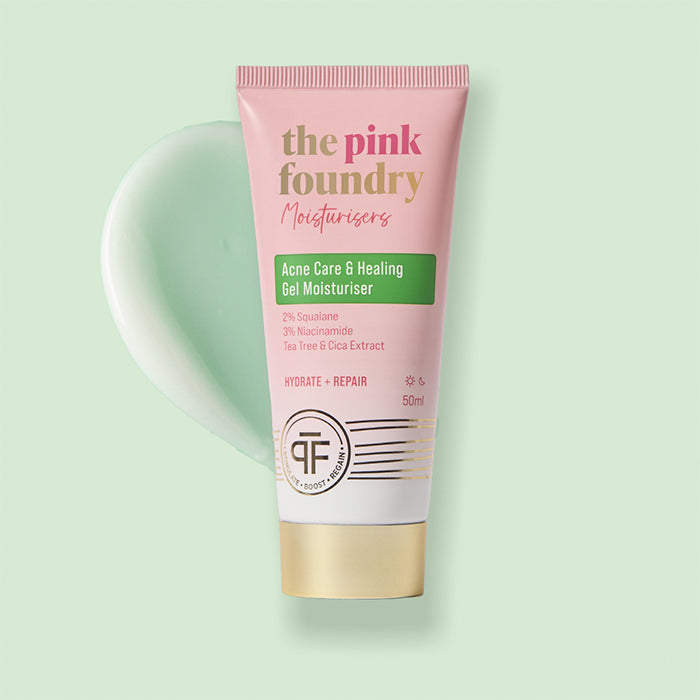
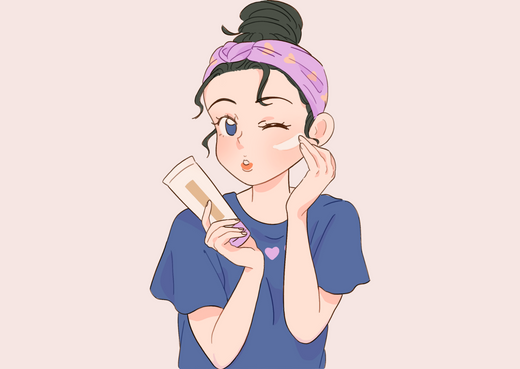
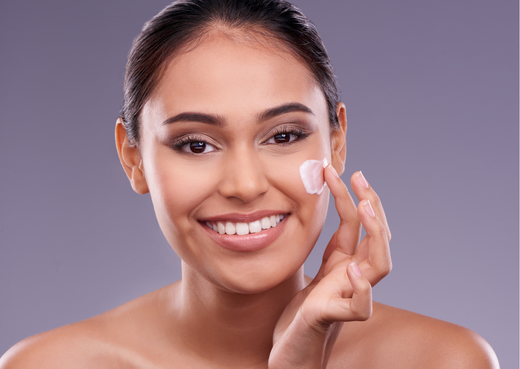

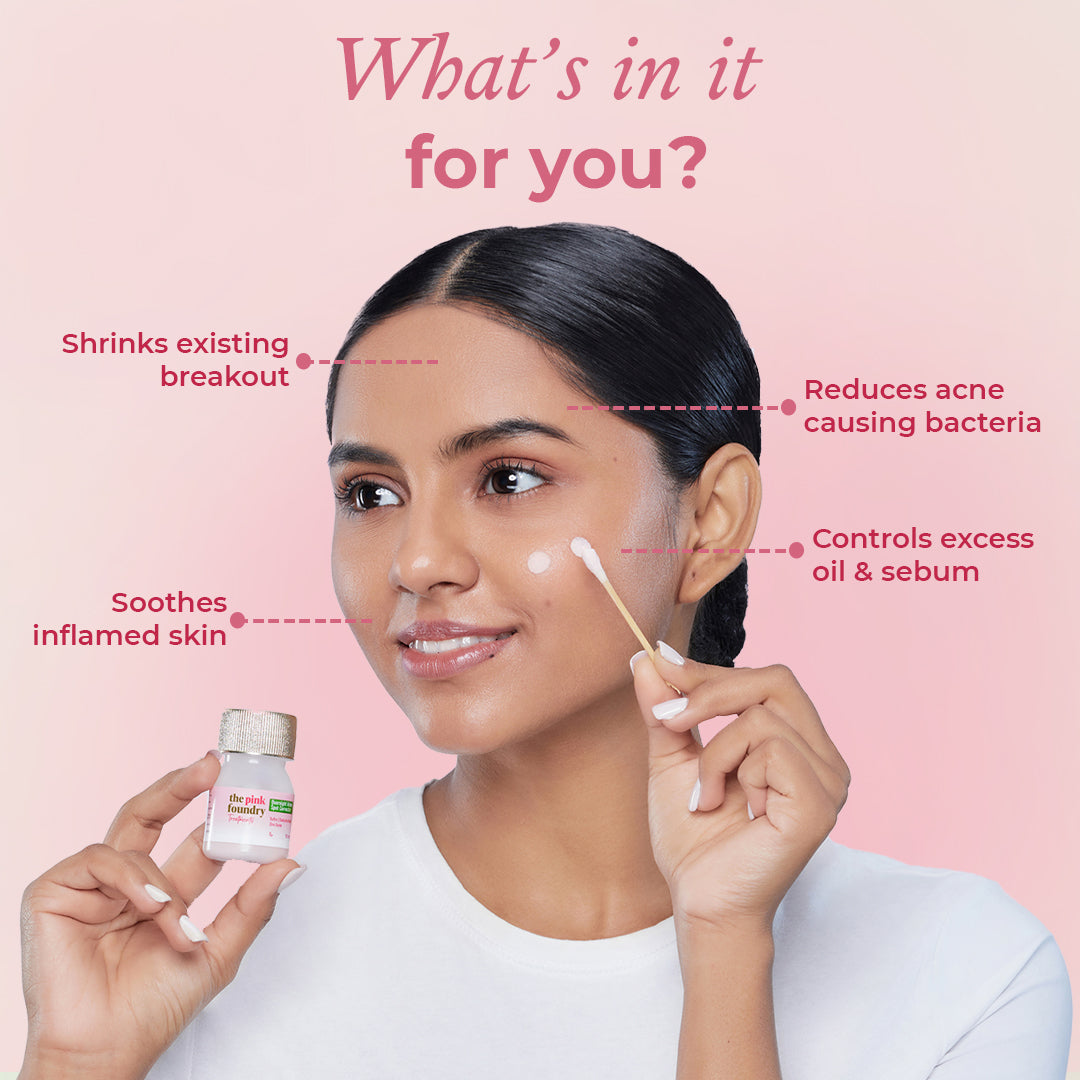
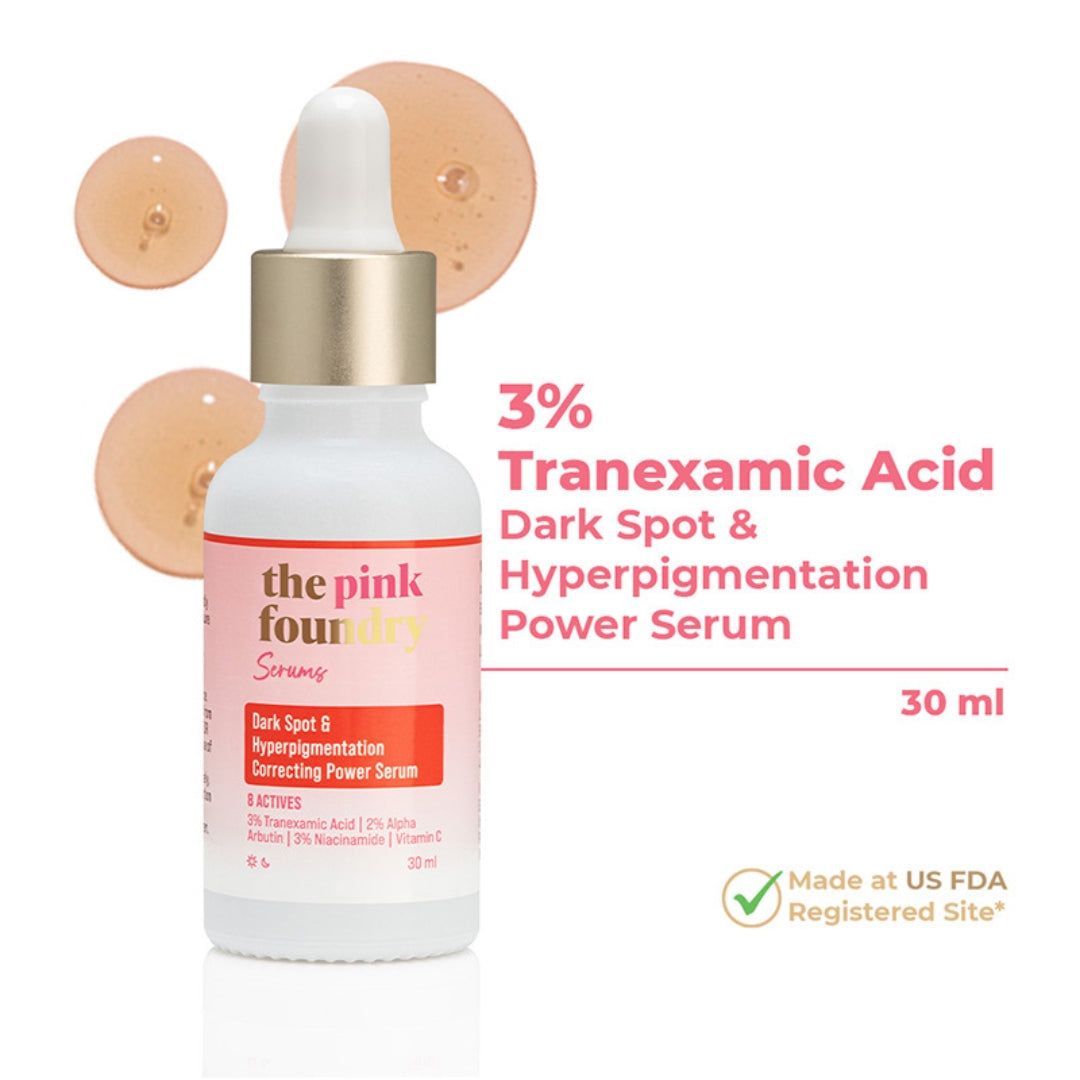
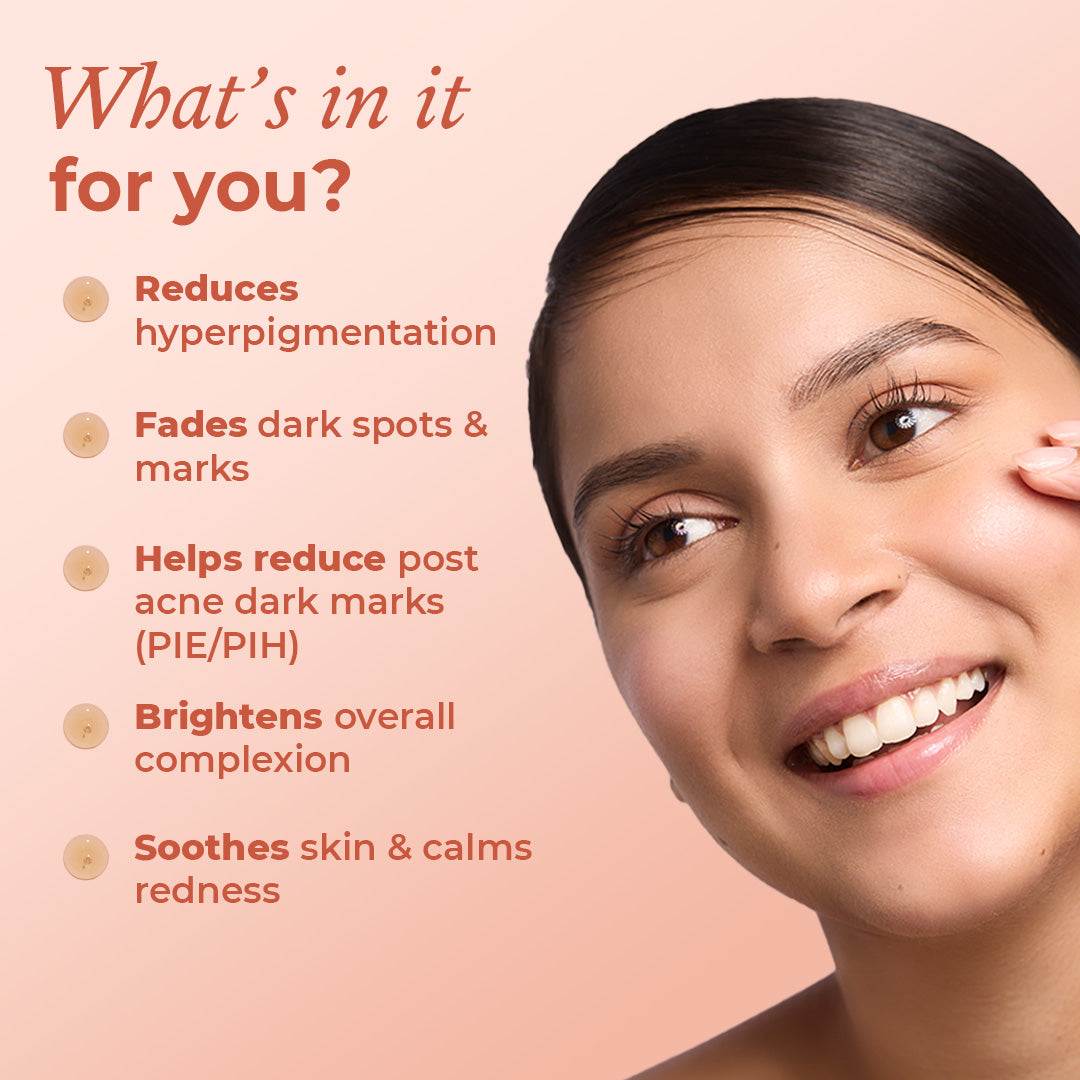
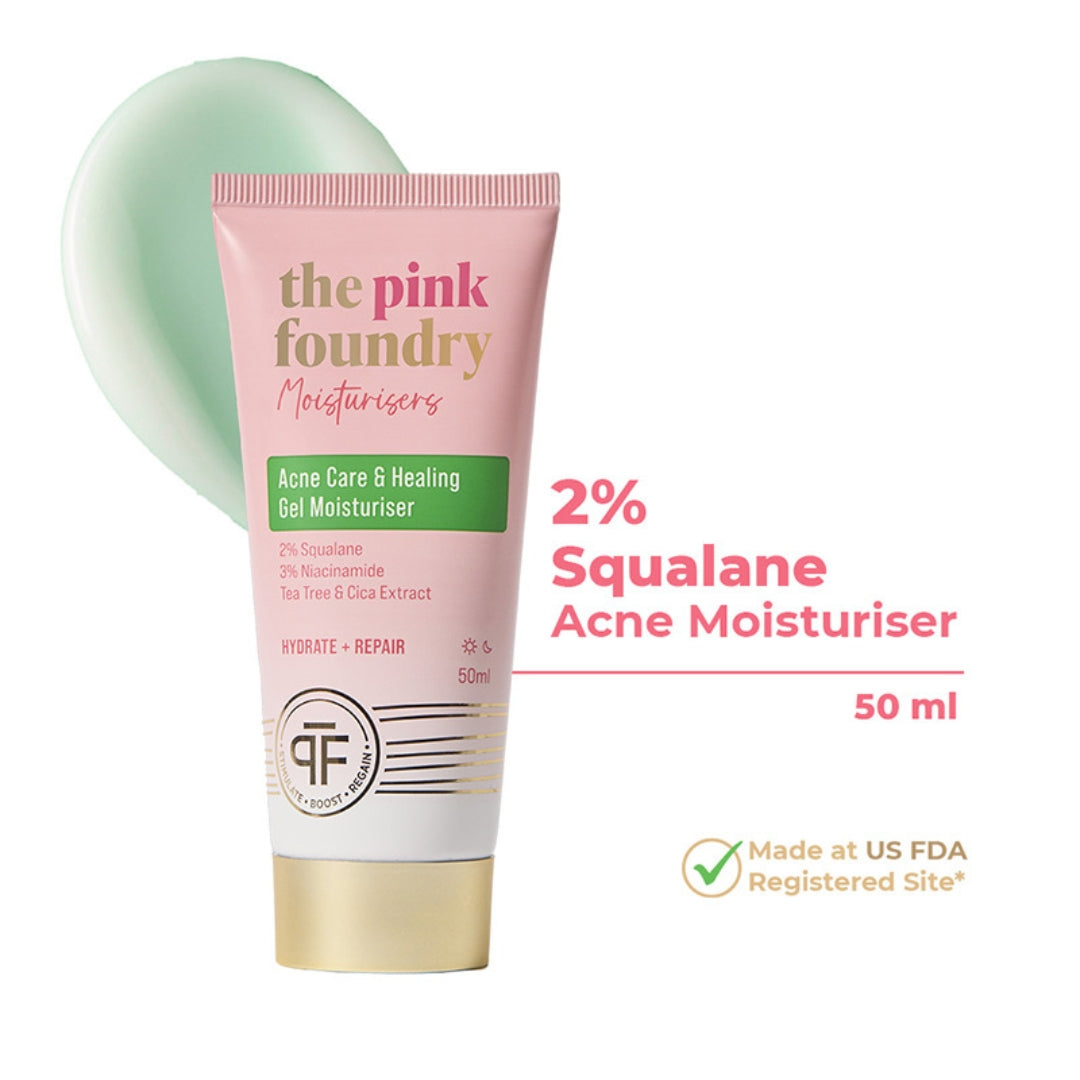
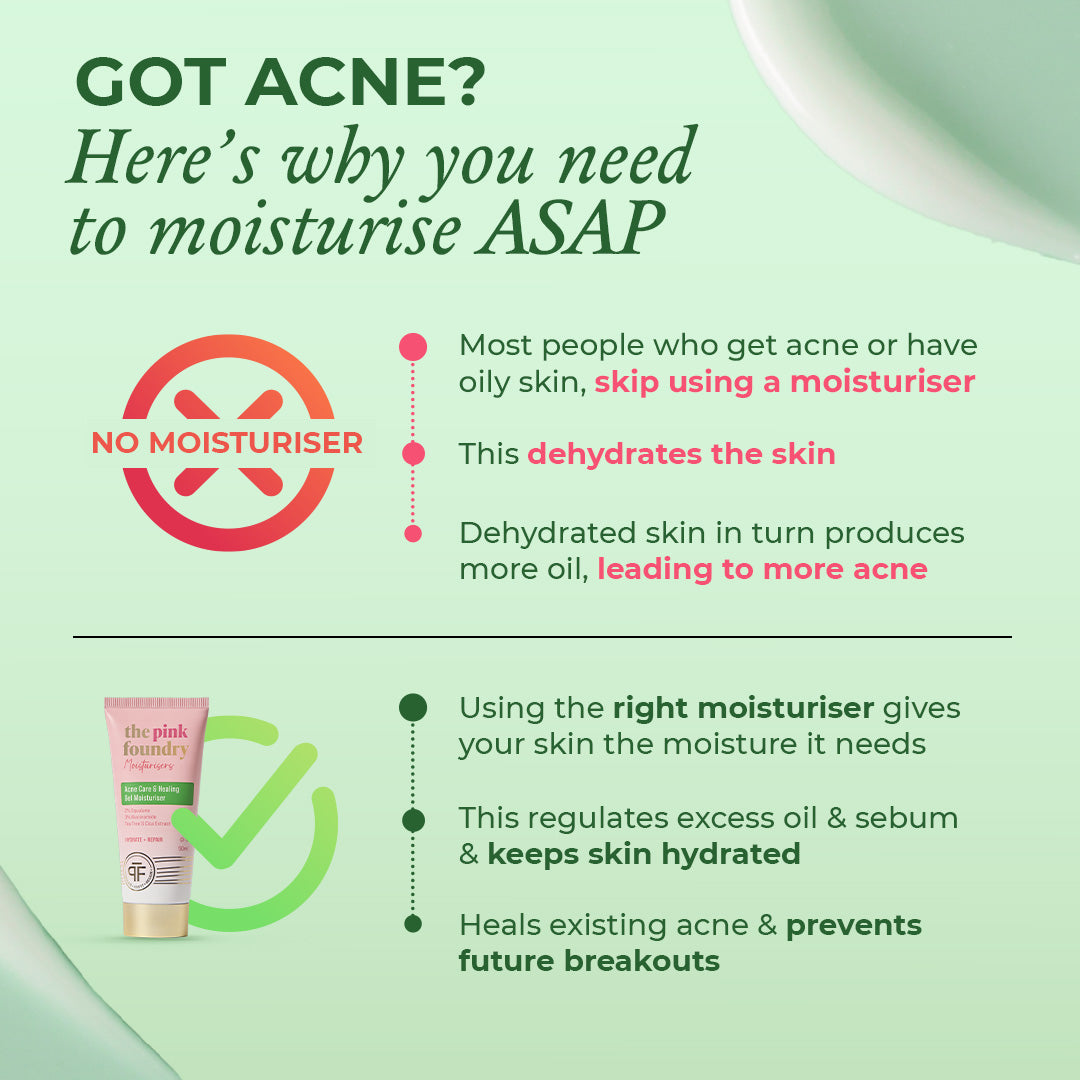
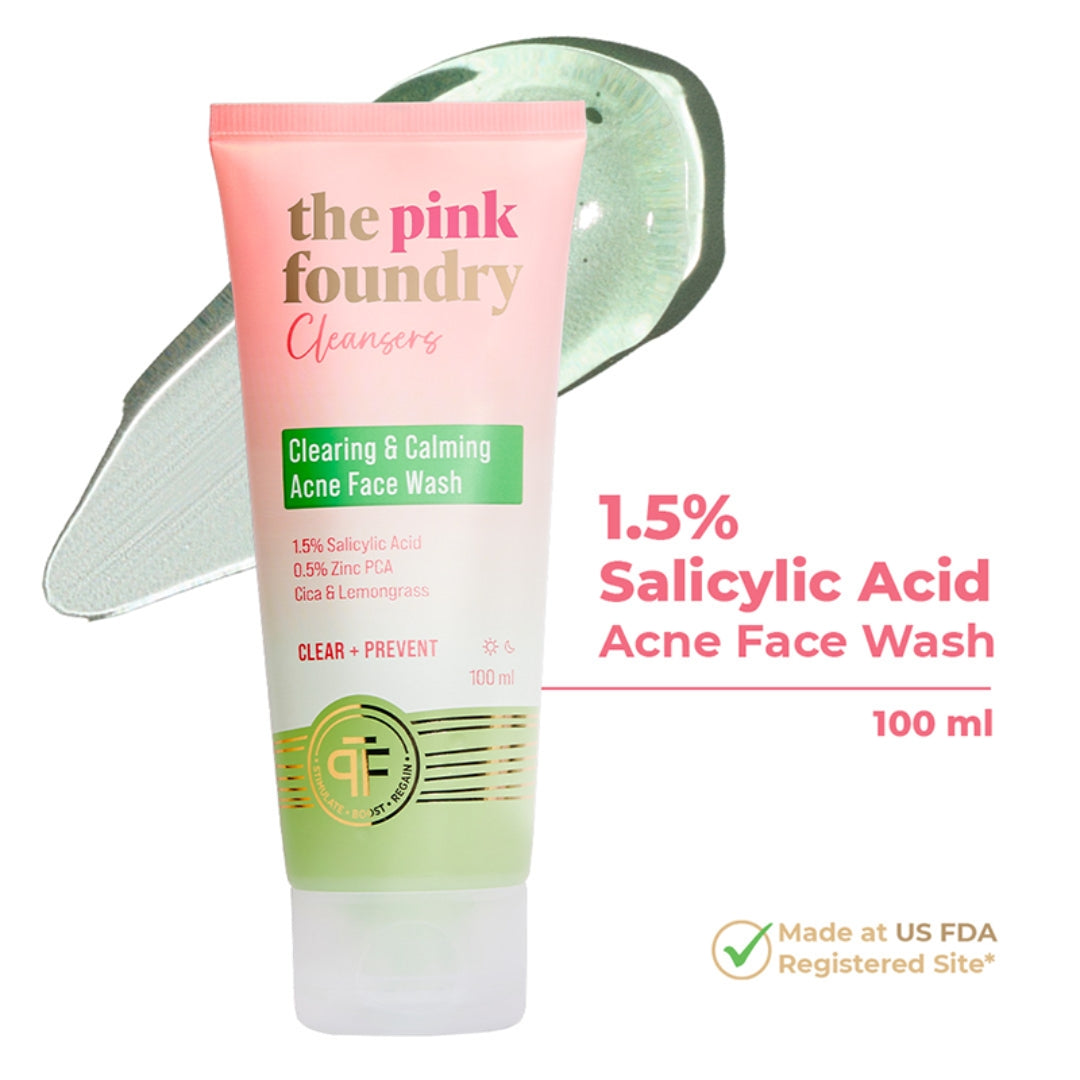
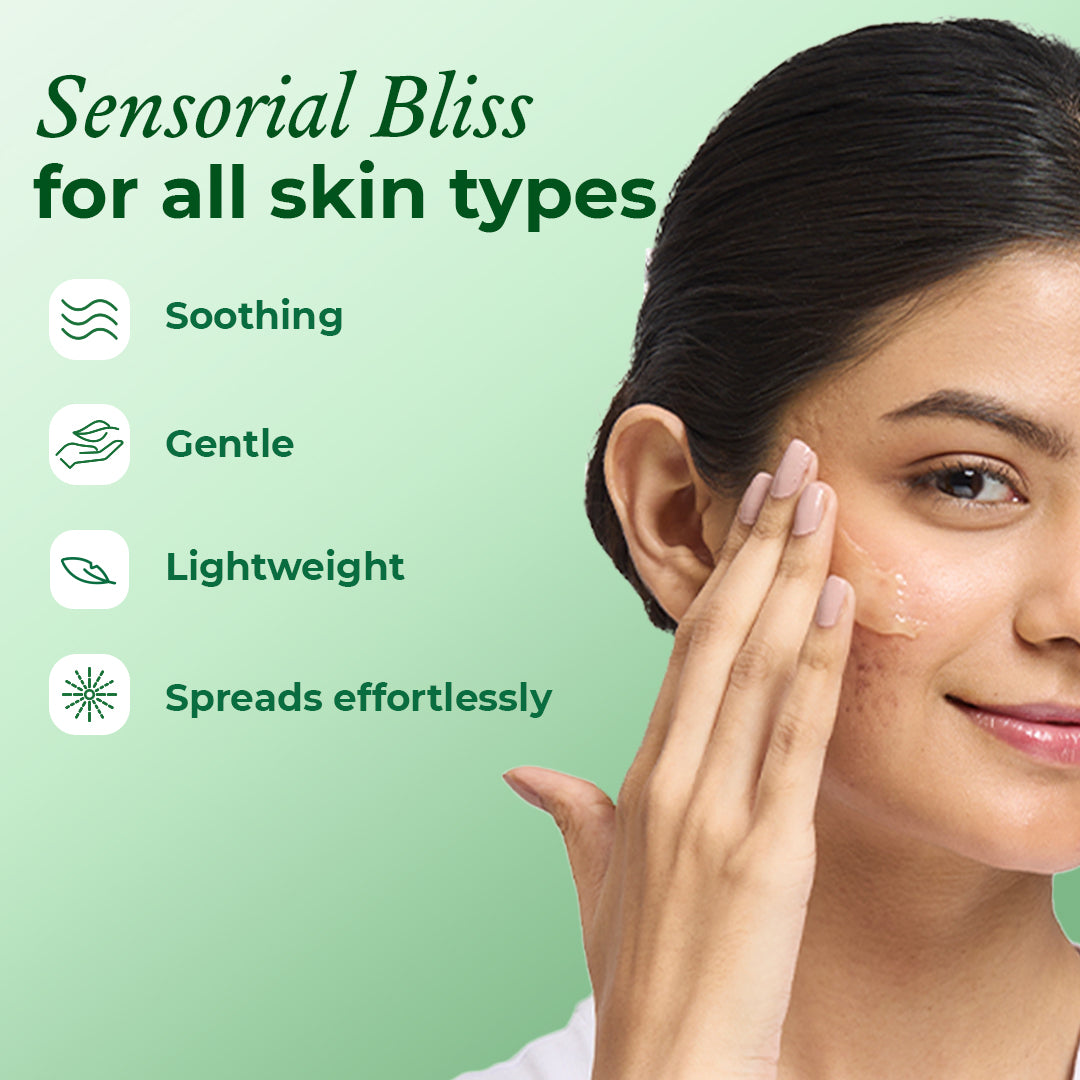
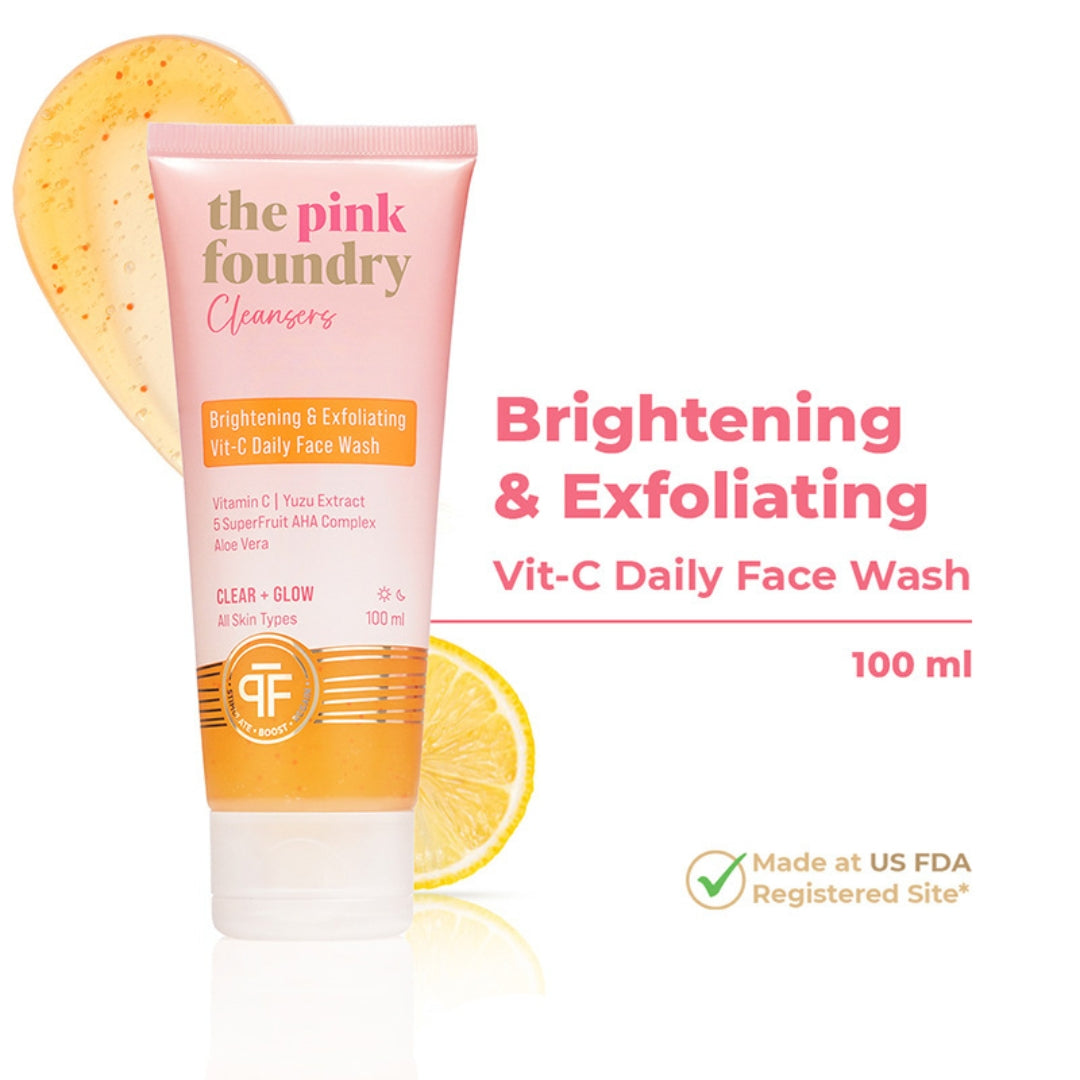
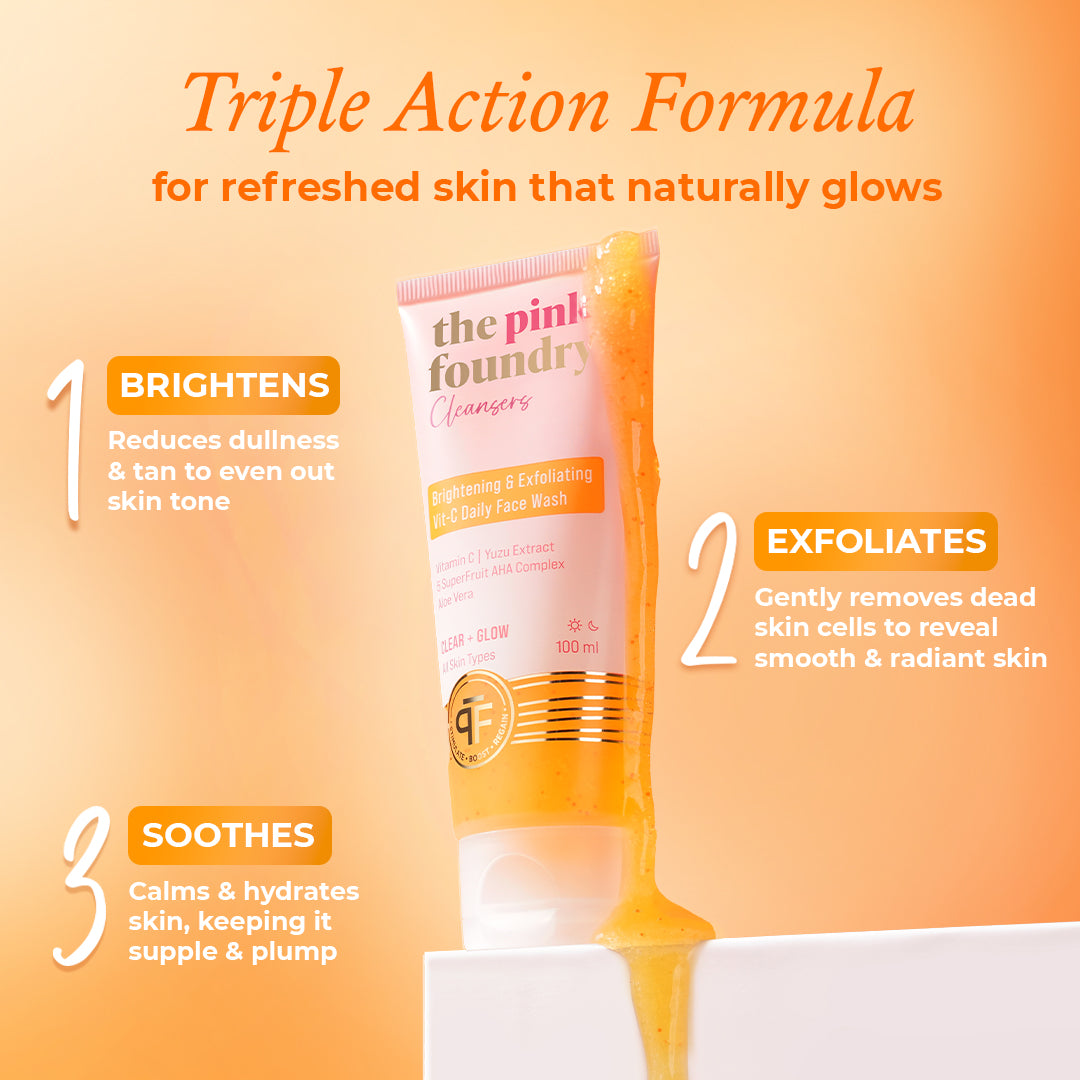
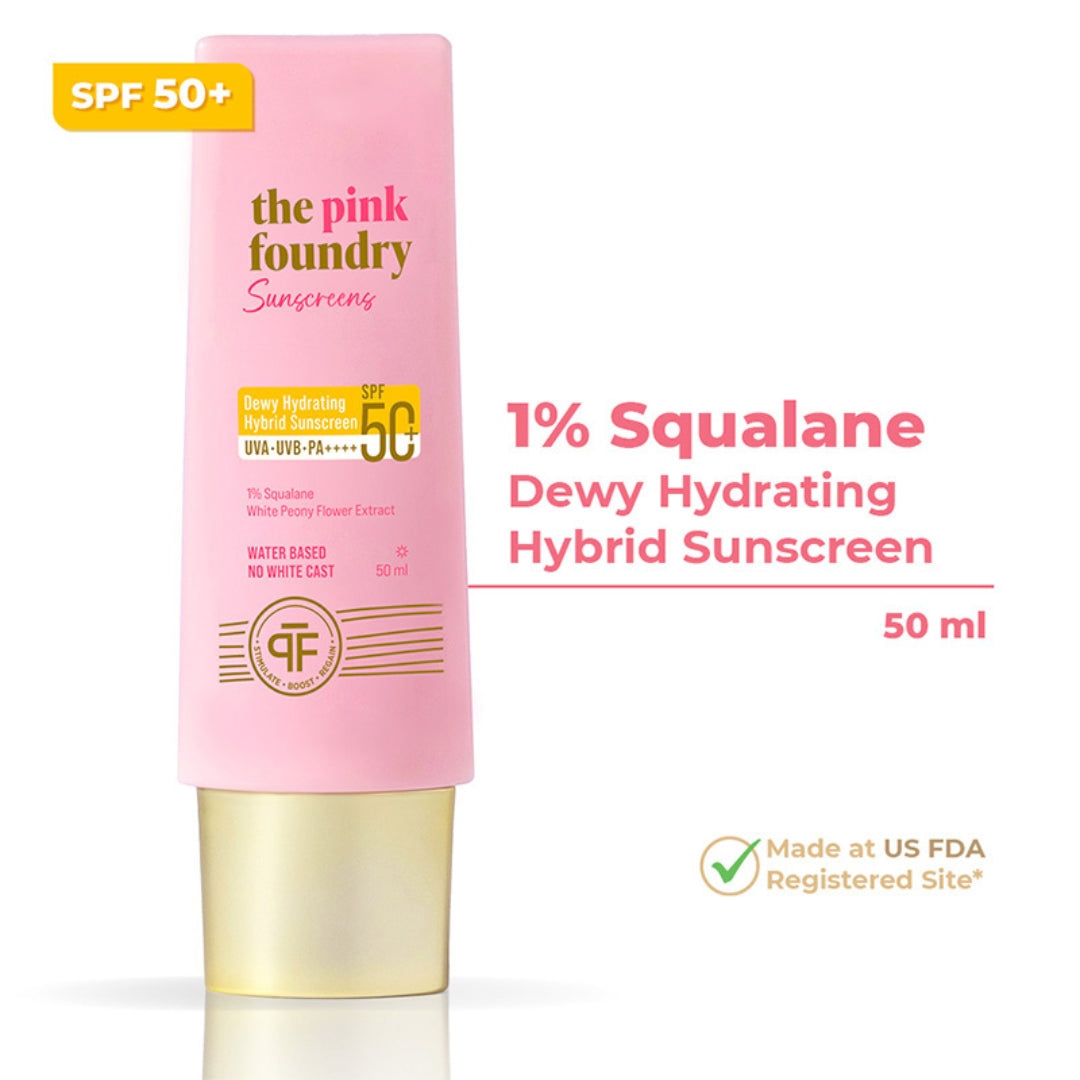
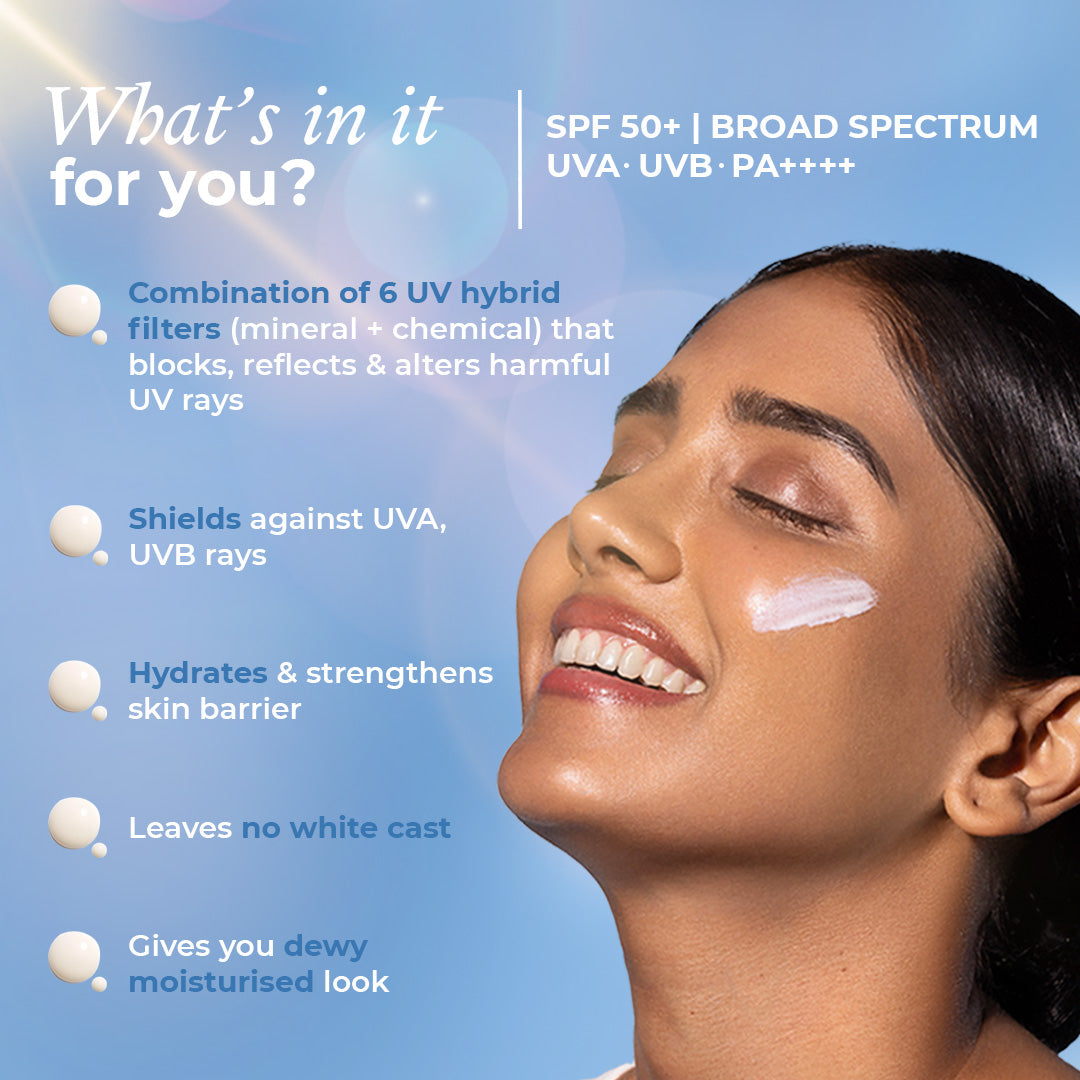
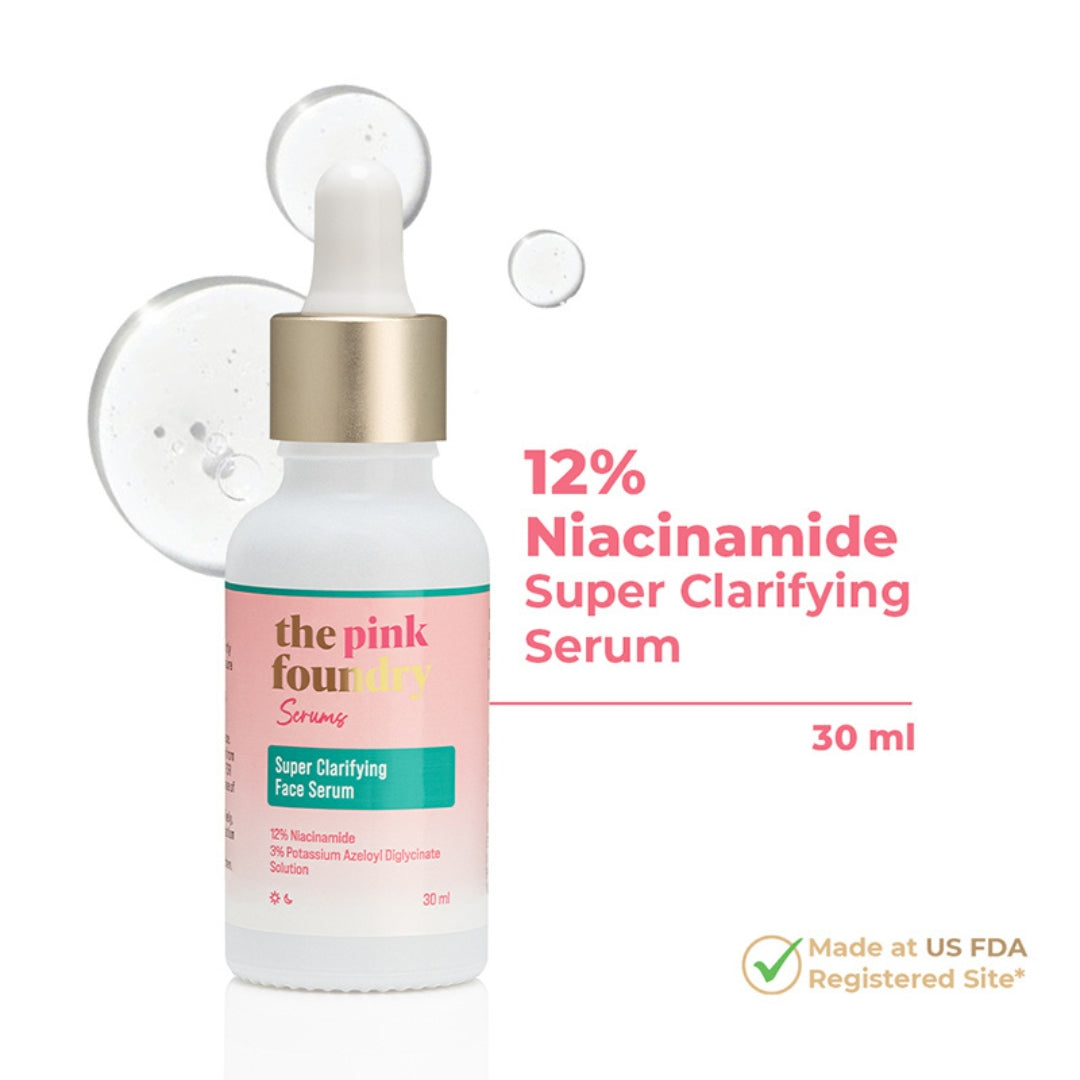
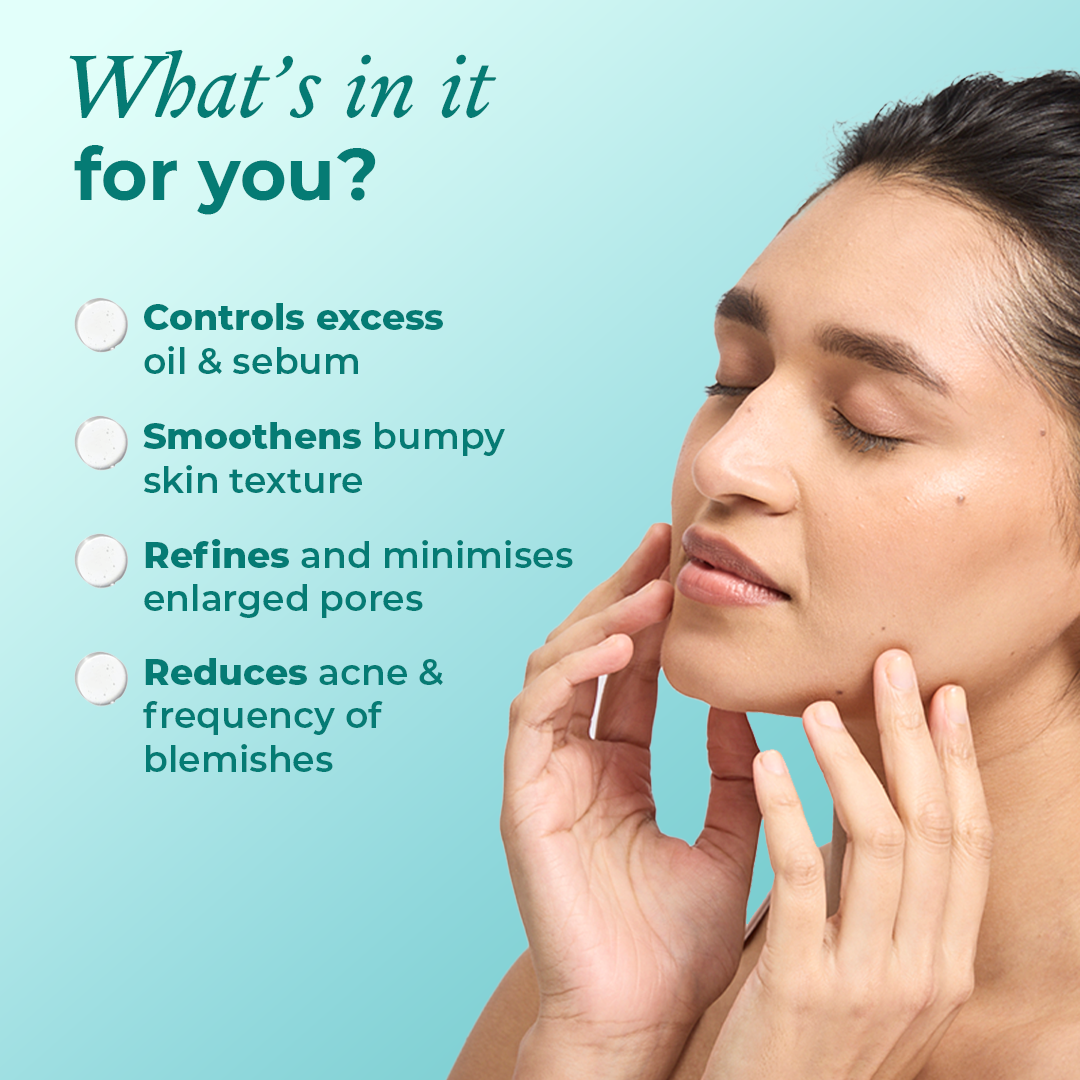
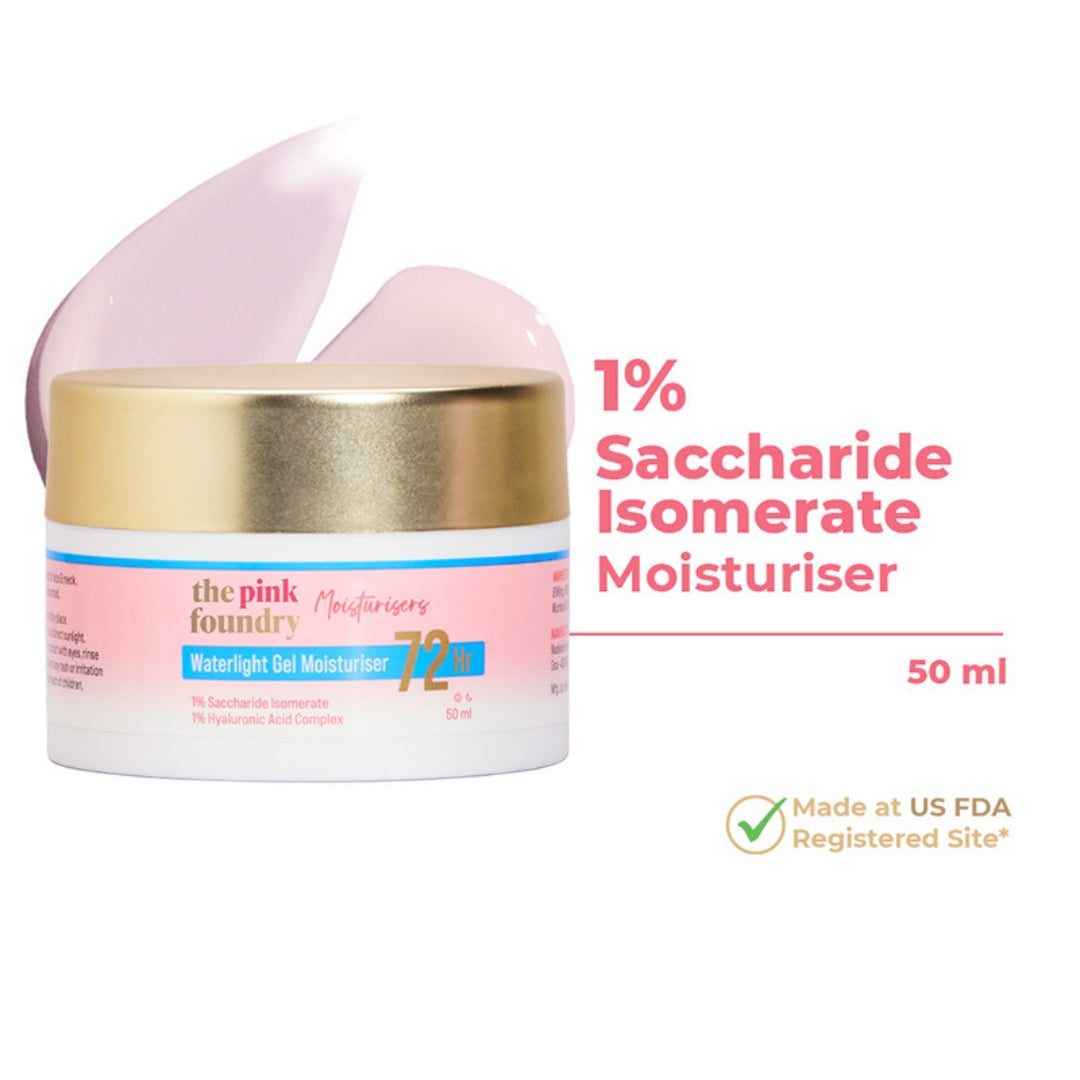
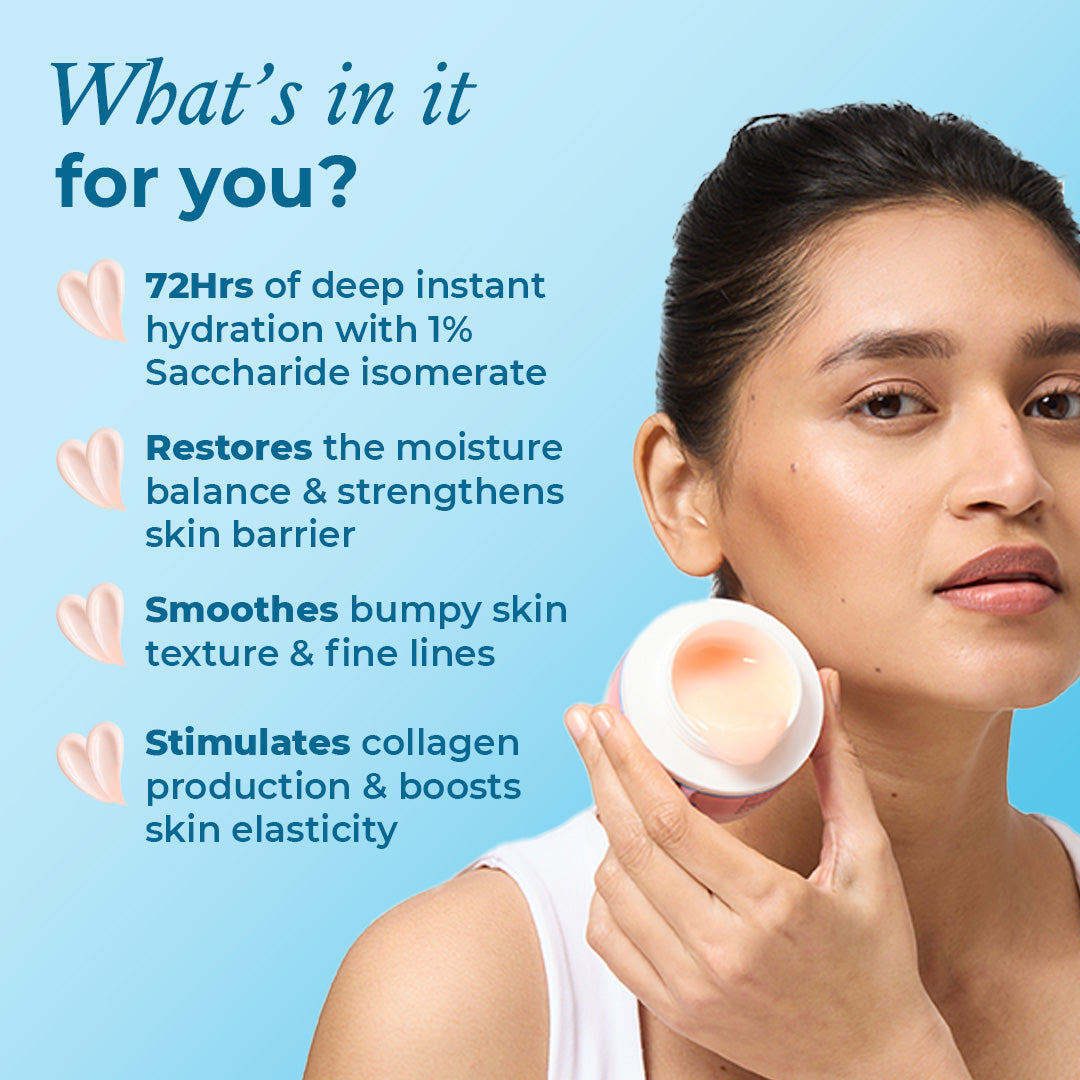




1 comment
Oh wow, super informative 😊
SINAI
Leave a comment
This site is protected by hCaptcha and the hCaptcha Privacy Policy and Terms of Service apply.